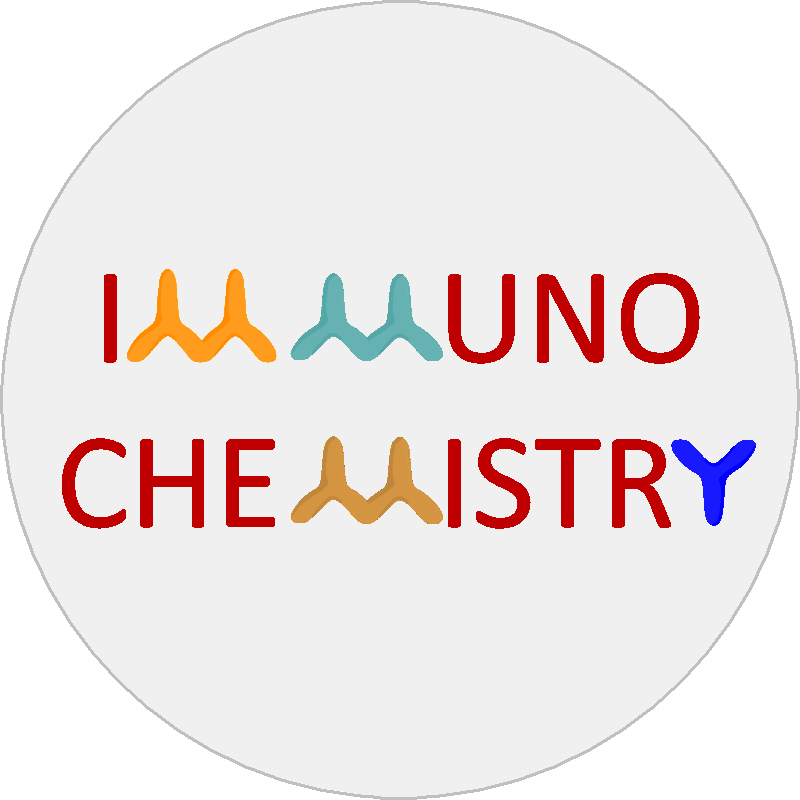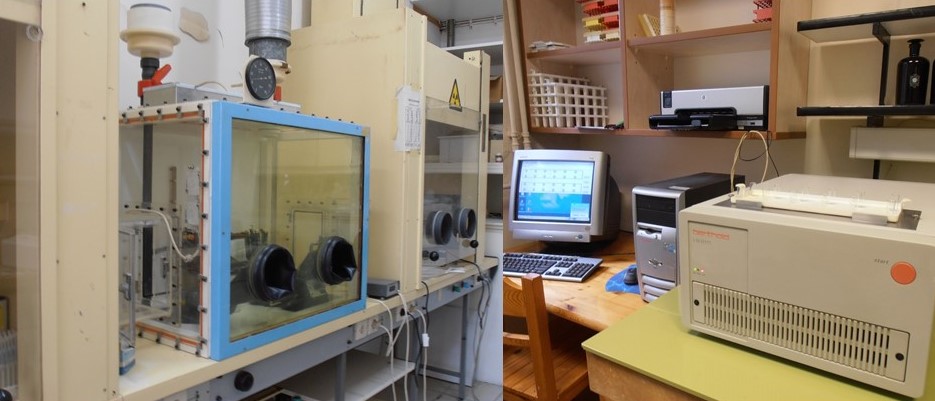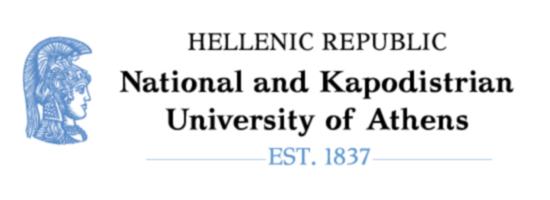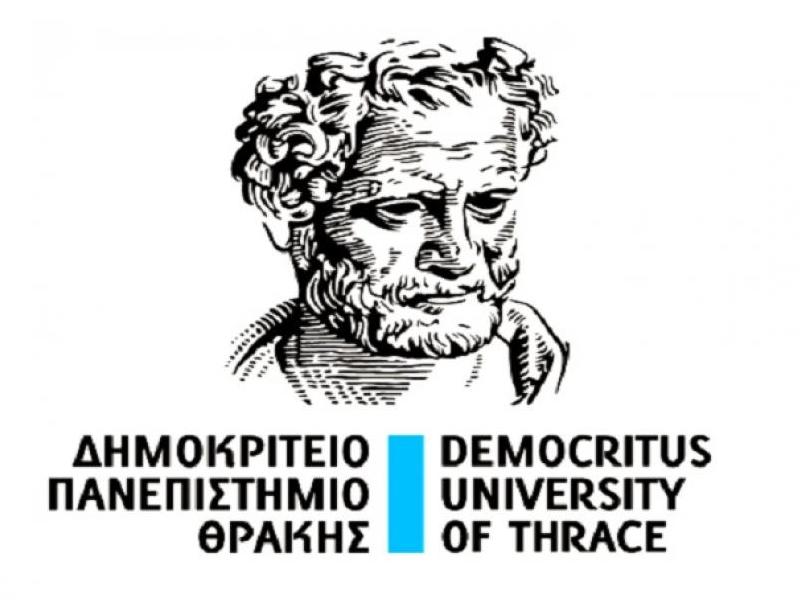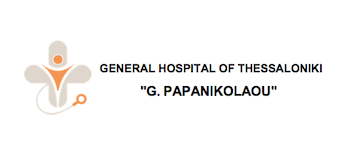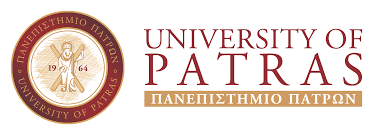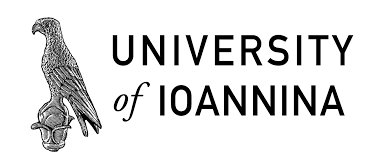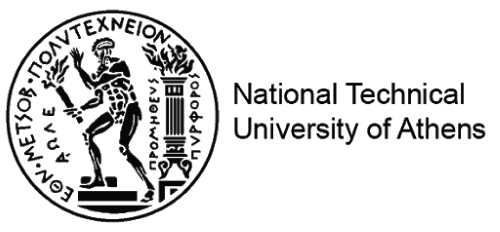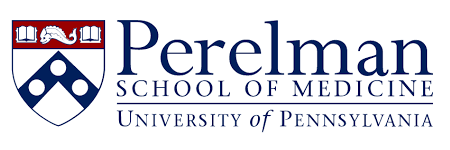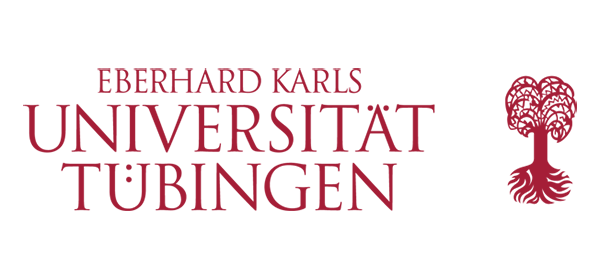Description
The “Immunochemistry Group”, is a joint endeavor that brings together the “Protein Chemistry”, “Molecular Immunology”, “Immunopeptide Chemistry” and “Immunoassays-Immunosensors” Laboratories of INRASTES. Its broad scope of expertise and research activities are unified under the common themes of immunochemistry and immunobiology, encompassing both basic and applied research toward the discovery of novel immunodiagnostics for monitoring disease progression, validating immune-related biomarkers and enabling smart/Point-of-Care environmental biosafety monitoring.
The Immunochemistry Group constitutes one of the main research directions within the Division of “Biodiagnostic Sciences and Technologies” of INRASTES. Its research objectives are complementary to those implemented by the “Molecular Diagnostics Laboratory” and the “Health Physics, Radiobiology & Cytogenetics Laboratory” of INRASTES and fully align with the main goal of the Division, summarized in the key-phrase “from chromosomes and genes…to proteins…and biosensing devices”.
Research implemented by the Immunochemistry Group includes a wide range of topics, from investigating basic mechanisms of the innate and adaptive immune response (e.g., complement-driven inflammation and antigen processing/presentation pathways, respectively) to developing (and/or evaluating) tailored immunoreagents as well as specific immunoassays and immunosensors for monitoring biomolecules of interest (including disease biomarkers and toxic substances).
The Immunochemistry Group has strong and long-lasting ties with the “Radiological Sciences and Radiopharmaceuticals” Division of INRASTES as well as with the “Energy/Environmental Technologies and Safety” Division of the Institute, mainly through specific Action Lines that can be described as “conducting research from biomolecular markers to radiolabeled compounds and radiopharmaceuticals” and “from environmental monitoring & simulation, systems reliability and safety studies to the exposure/dose consequences’ assessment, health effects’ investigation, biomarkers’ establishment and biosensing devices’ development”, respectively. Moreover, the Immunochemistry Group has ongoing collaborations with international academic/research centers and industrial partners and well-established, longstanding collaborations with other Institutes of NCSRD, e.g., the Institute of Biosciences and Applications and the institute of Nanoscience and Nanotechnology.
The main research Activities of the group are:
- Mechanistic basis of complement’s involvement in disease pathogenesis.
- Development of comprehensive diagnostic platforms for monitoring complement activity in clinical disorders.
- Development of antibody-based diagnostic/therapeutic tools for monitoring and controlling microbial inflammation.
- Investigation of protein role and their disease-causing variants in the pathogenesis, predisposition and diagnosis of human diseases aiming to evaluate or discover novel protein-based biomarkers.
- Validate and complement existing genetic or clinical association studies by providing mechanistical insights that can establish the diagnostic and prognostic value of protein biomarkers for human diseases.
- Rational-drug design efforts focused on the protein molecules investigated.
- Analysis of the antigen presentation pathway at molecular level and especially of antigen processing enzymes aiming to:
- Understanding how polymorphic variation in this pathway affect disease predisposition
- Investigating how the global immunopeptidome analysis can be used as a prognostic and diagnostic tool
- Regulating the antigen presentation pathway for therapeutic goals such as cancer immunotherapy
- Development of immunochemical reagents and techniques for investigating various biomolecules of diagnostic or therapeutic interest in biological/clinical samples as well as for detecting toxic compounds in environmental/food specimens.
- Development, (radio)labeling and evaluation of antigens, antibodies and other specific immunochemical reagents (e.g., hapten-derivatives for surface functionalization of biosensors)
- Application of the aforementioned immunochemical reagents and assays based thereon to studying various biomolecules or toxic compounds.
- Development and evaluation of immunosensors for the determination of disease biomarkers or harmful substances in food and environmental samples based on:
- Optical transducers (e.g., Mach-Zehnder or Young interferometers) fully integrated onto silicon chips along with their respective light sources and/or detector.
- A low-cost optical detection system based on White Light Reflectance Spectroscopy.
- Electrochemical transducers fabricated on nylon or paper substrates
- Development and evaluation of substrates for protein or cell microarrays based on:
- Photolithographic procedures.
- Gaseous plasma micro/nanotextured polymer surfaces.
People
Services
Infrastructures
Latest Grants



